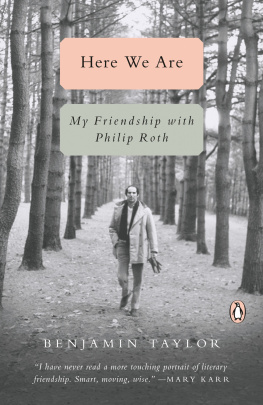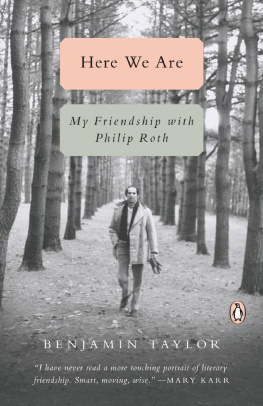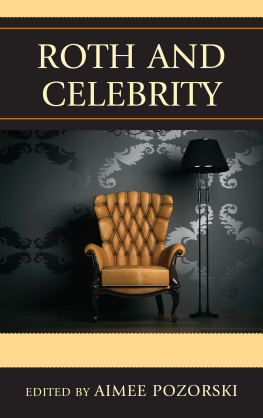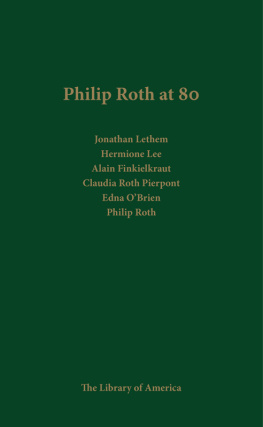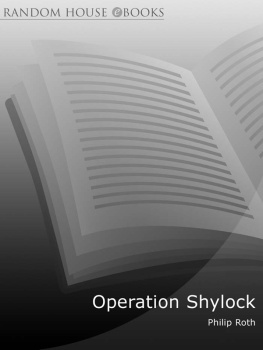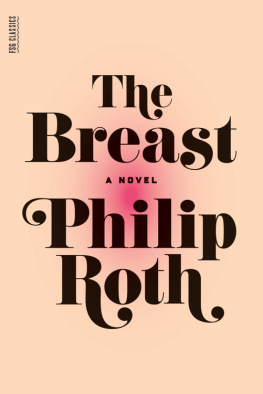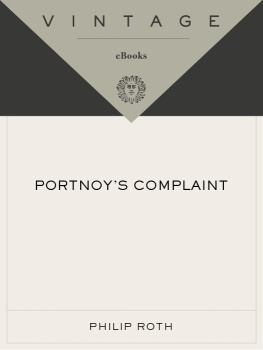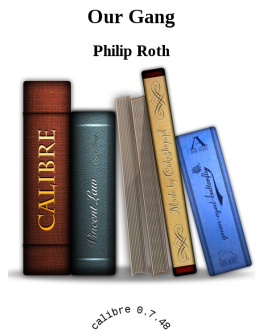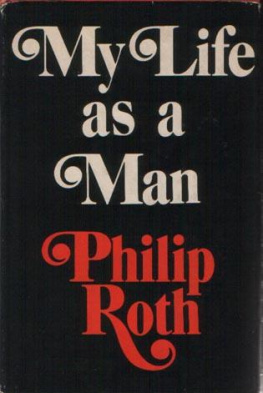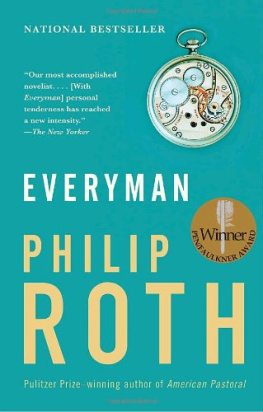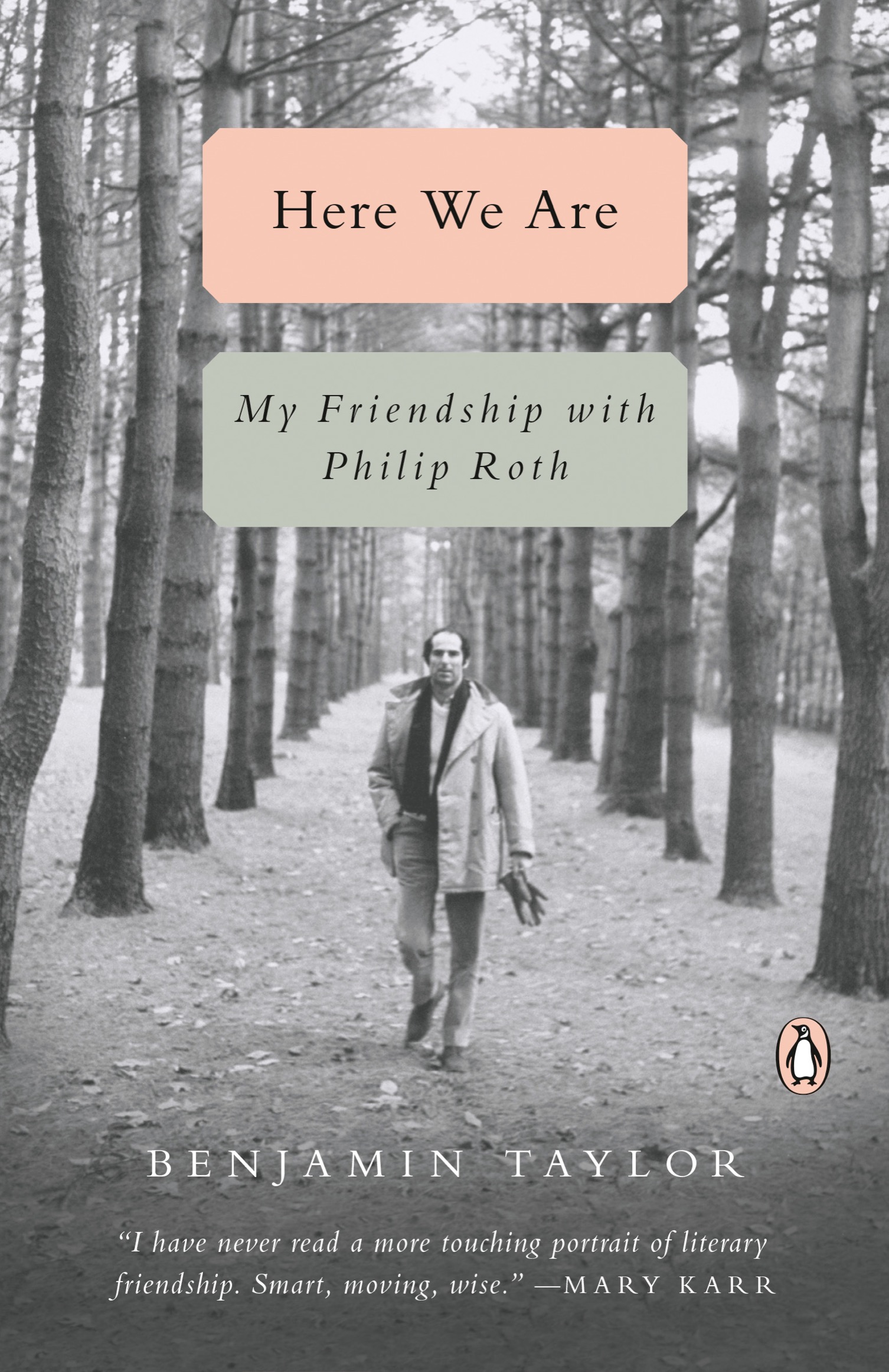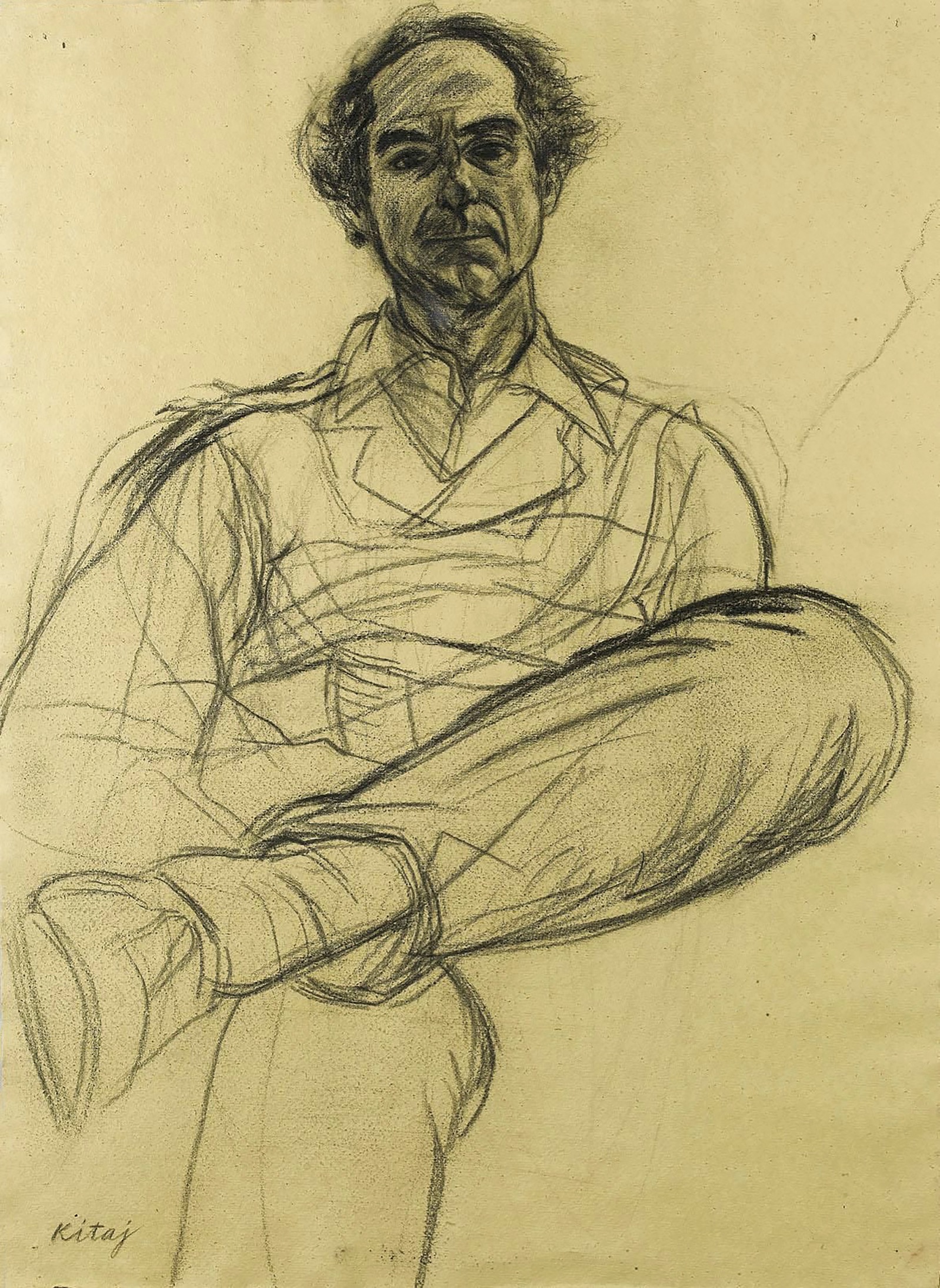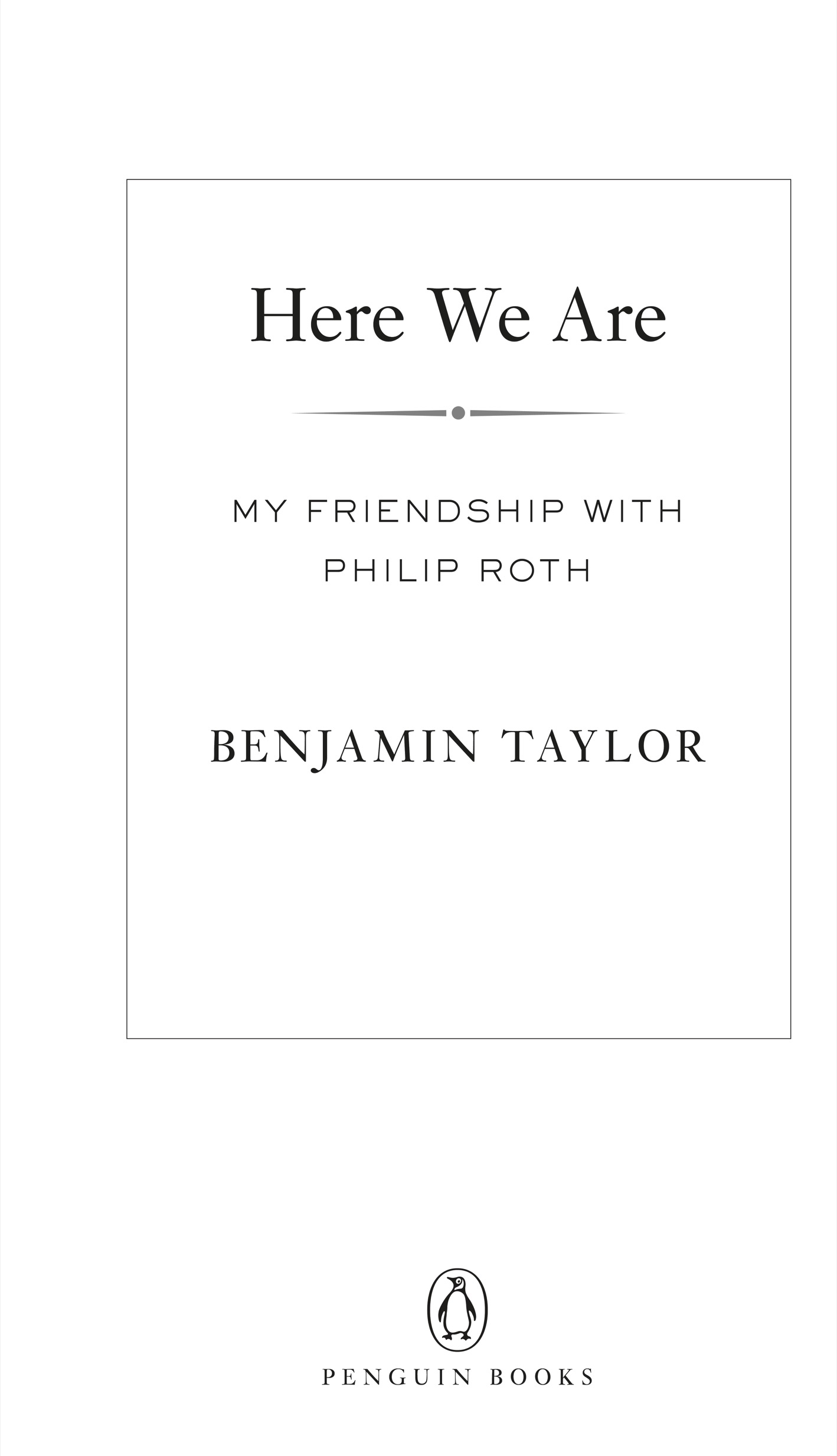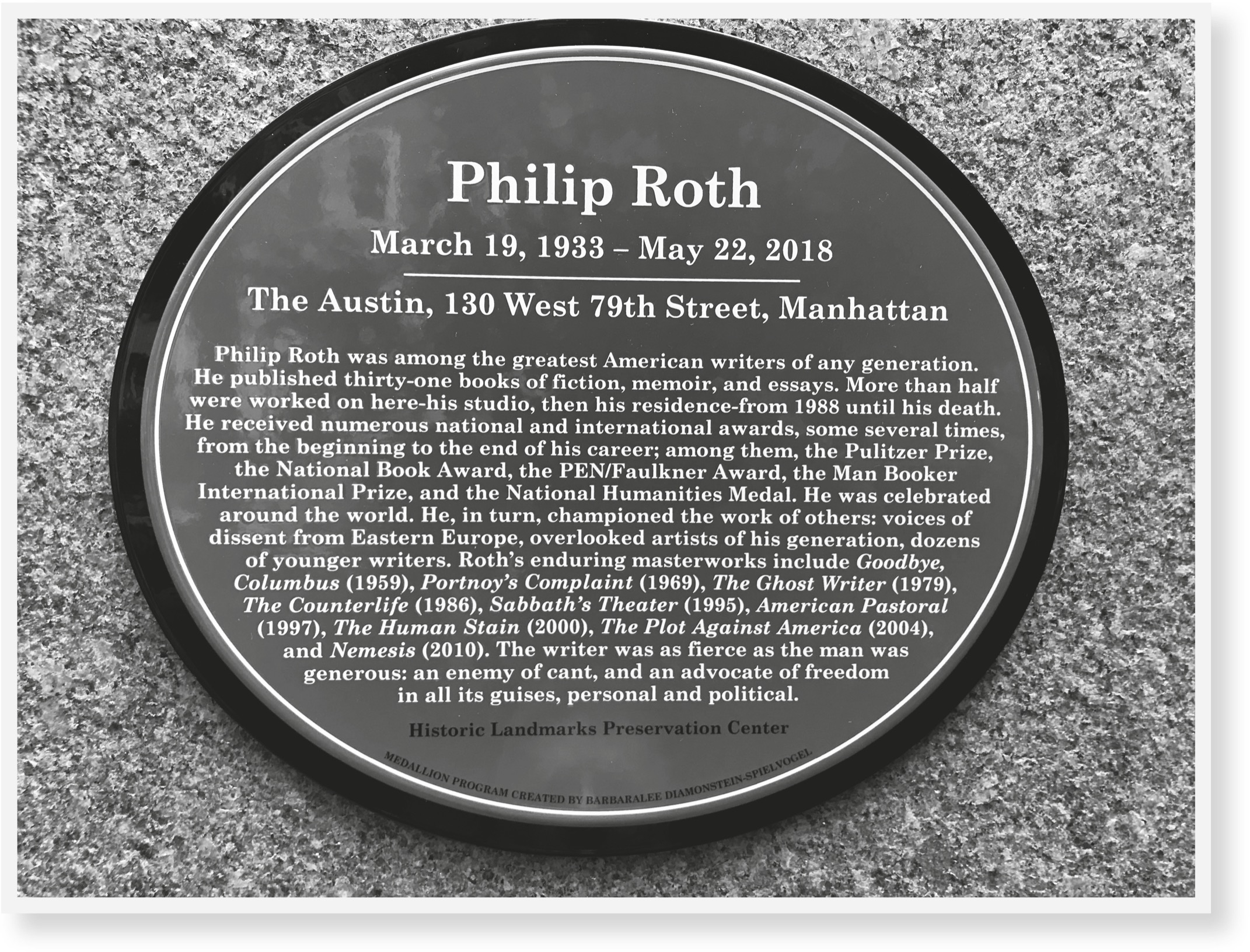I wish to thank The Corporation of Yaddo for their generous hospitality. Three works of criticism were before me as I wrote this book: Roth Unbound by Claudia Roth Pierpont, Philip Roths Rude Truth by Ross Posnock and Philip Roth by Hermione Lee. Chapter one, No Model but Itself, appeared in somewhat different form in Harpers Magazine.
B. T.
PENGUIN BOOKS
An imprint of Penguin Random House LLC
penguinrandomhouse.com
Copyright 2020 by Benjamin Taylor
Penguin supports copyright. Copyright fuels creativity, encourages diverse voices, promotes free speech, and creates a vibrant culture. Thank you for buying an authorized edition of this book and for complying with copyright laws by not reproducing, scanning, or distributing any part of it in any form without permission. You are supporting writers and allowing Penguin to continue to publish books for every reader.
constitutes an extension of this copyright page.
Library of Congress Cataloging-in-Publication Data
Names: Taylor, Benjamin, 1952 author.
Title: Here we are : my friendship with Philip Roth / Benjamin Taylor.
Description: New York : Penguin Books, 2020.
Identifiers: LCCN 2020002291 (print) | LCCN 2020002292 (ebook) | ISBN 9780525505242 (hardcover) | ISBN 9780525505259 (ebook)
Subjects: LCSH: Roth, PhilipFriends and associates. | Novelists, American20th centuryBiography. | Taylor, Benjamin, 1952Friends and associates. | Authors, American20th centuryBiography.
Classification: LCC PS3568.O855 Z935 2020 (print) | LCC PS3568.O855 (ebook) | DDC 813/.54dc23
LC record available at https://lccn.loc.gov/2020002291
LC ebook record available at https://lccn.loc.gov/2020002292
pid_prh_5.5.0_c0_r0
To Dr. Richard Friedmanwithout whom not
CONTENTS
CHAPTER ONE
NO MODEL BUT ITSELF
Die in your prime and it is tragic. Die in your ninth decade and it is the debt paid, the quittance. Grief for those struck down too soon goes on and on. We are helplessly haunted by what might have been; a penumbra of vanished possibilities surrounds untimely death. But grief for the elderly is formal, stately. Most of all it is end-oriented.
You roll a boulder across the mouth of the cave.
You move on.
I n The Ghost Writer, Nathan Zuckerman says of Felix Abravanel that the masters charm was a moat so oceanic that you could not even see the great turreted and buttressed thing it had been dug to protect. Philip too could seem a beguiling but remote citadel: august, many-towered, lavishly defended. Those who reached the inner keep met there someone quite different from the persona devised for public purposes. Still vitally present at home was the young man hed remained all along, full of satirical hijinks and gleeful ventriloquisms and antic fun building to crescendos. Imaginary relatives were a specialty. I recall for example Paprika Roth, a retired stripper living in the Florida Panhandle. A glint in the eye told you hilarity was on the road.
Ben, do you remember when Mrs. Fischbein was on The $64,000 Question?
A little before my time, Philip.
Well, Mrs. Fischbein had walloped the competition. Shed advanced to the sixty-four-thousand-dollar question itself. Came the drum roll and the announcer said, For sixty-four thousand dollars, Mrs. Fischbein, who wasthe first man? I wouldnt tell you for a million dollars! cried Mrs. Fischbein.
The place of origin, Newarks Weequahic section, was his Great Code and Rosetta stone. I mean Weequahic as endlessly rediscovered through alchemical imagination, that flame turned up under experience for the smelting of novels. Ours was not a neighborhood steeped in darkness, says Zuckerman in American Pastoral. The place was bright with industriousness. There was a big belief in life and we were steered relentlessly in the direction of success: a better existence was going to be ours... Am I wrong to think we delighted in living there? No delusions are more familiar than those inspired in the elderly by nostalgia, but am I completely mistaken to think that living as well-born children in Renaissance Florence could not have held a candle to growing up within aromatic range of Tabachniks pickle barrels? Am I mistaken to think that even back then, in the vivid present, the fullness of life stirred our emotions to an extraordinary extent? Has anywhere since so engrossed you in its ocean of details? The detail, the immensity of the detail, the force of the detail, the weight of the detailthe rich endlessness of detail surrounding you in your young life like the six feet of dirt thatll be packed on your grave when youre dead.
Philip spent his final three weeks in the cardiac intensive-care unit at New York-Presbyterian Hospital. A lot of women and a smattering of men surrounded him. We were friends, lovers, protgs, relatives, employees, representing every decade of his adult life. (This I know: When my time comes, the waiting room will not be crowded with ex-lovers.)
On the twenty-first day, the attending came out of Philips room and said: He is philosopher, no?
Yes, I said. And so it really was. Amid the general weeping, Philip was Socratic, as if instructing us, his loved ones, in how to die. He even remembered, like Socrates, a small debt owedto Mrs. Solano, his housekeeper.
Near the end he asked for a moment alone with me and said something I wrote down as soon as I decently could: I have been to see the great enemy, and walked around him, and talked to him, and he is not to be feared. I promise.
There had been earlier brushes with the great enemy, any one of which might have proved fatal. One occurred on August 22, 2012. Canadian geese were starting south. Wed gone to Litchfield for dinner and dressed up a bit for the occasion. Philip was in a sports jacket he claimed to have bought with the earnings from Goodbye, Columbus. (It may nearly have been so; he cared nothing for clothes.) Seated in our usual booth at the West Street Grill, we ordered the special soup, their gazpacho, sweet and crunchy with the local beefsteaks and cucumbers. I had a baseball question on the tip of my tongue: What was the name of the natural, the player shot by a lady stalker in a Chicago hotel room? He gave me an amused look that darkened into puzzlement, then fear.
Then he pitched forward into the soup, unconscious. Too astounded for anything but composure, I summoned the management. Medics appeared almost immediately. As if by further magic, a stretcher sprang up from the floor to receive him, who though all but comatose was saying something: an attempt, entirely characteristic, at telling the medics how to do their job.
Moments later I was in the front seat of the ambulance beside the driver, with Philip and the two medics behind us. Thready pulse, said one to the other. And then, to the driver: Better turn on the siren. I thought, here is how it ends, and considered whom I would contact first. Thomas Manns Aschenbach and the last line of

